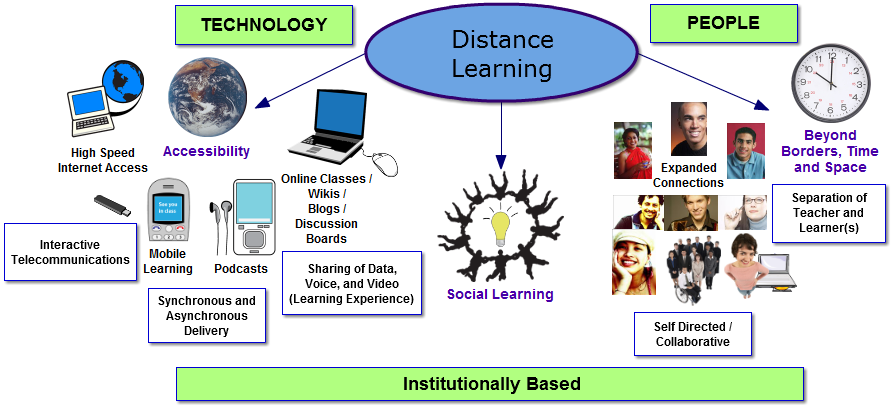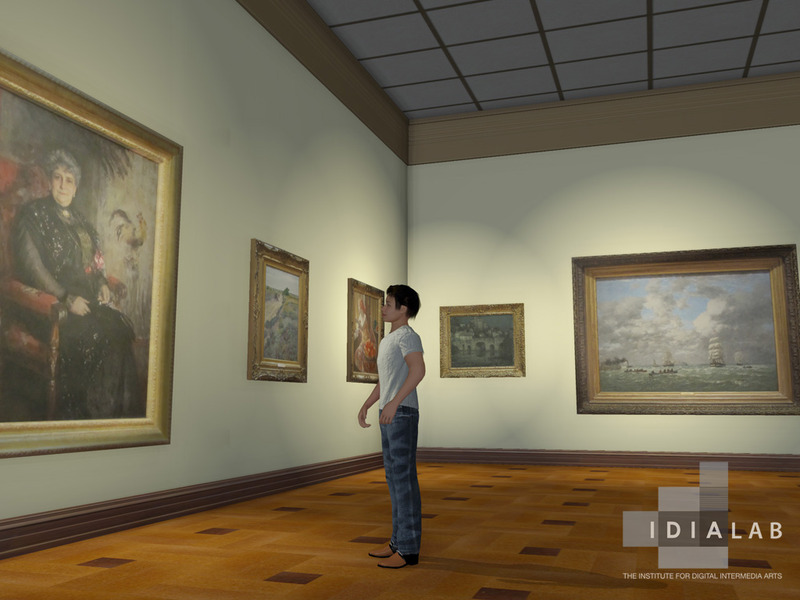
Calculators can be a helpful and effective tool when used appropriately. The reason that there is a debate over this topic is that many students overuse their calculator, which leads people to believe that they are not really thinking and reasoning as they should be.
It is to get into the habit of reaching for your calculator without even thinking about what the question is really even asking. For example, during a multiple choice test students will frequently just use their calculators to test out whatever procedures could lead to one of the answer choices. Also, the textbook mentions how calculators might mean the lack of memorizing, such as multiplication tables. I think this could be happening a lot in education today.
I understand where these teachers and people are coming from, but I think calculators are an incredible tool that can be very helpful. Calculators are great for people like me that are not as great at math and often doubt themselves. They help me to complete problems faster and more accurately allowing me to feel more confident in my answers and helping me to focus on comprehending and solving the problems rather than doing the calculations themselves.
Although calculators can be deemed a crutch, they can be used as a tool as long as the math procedures and concepts are being taught first, that way the calculators can be used to demonstrate new visual representations.

This week I have chosen the topic, “Should Wikipedia Be Forbidden in Students’ Social Studies Research?” I believe that Wikipedia is not a practical means for research within the school system. According to the site, “Wikipedia is written collaboratively by largely anonymous Internet volunteers who write without pay. Anyone with Internet access can write and make changes to Wikipedia articles.” It is a widespread and easily accessible option to find information, but you can never be sure of its authenticity unless further research is performed. In my opinion, that just seems like an unnecessary step taken in the research process. Nowadays, there seems to be an endless amount of suitable websites for educational research. Therefore, I believe that Wikipedia should not be used for educational research when there are plenty of other viable options.
What do you think about this topic? Does anyone feel that Wikipedia is a practical source for research within the school system?

This week I’m talking about the Hot Topic Debate, “Can Students Learn As Well Online As Face-To-Face?”. I strongly believe that the majority of students learn better face-to-face. I think the classroom experience is a necessary key to learning and children gain a vast range of knowledge through this process.
The textbook discusses some of the unexpected problems that have resulted from distance learning, including the widening of the Digital Divide and the impact of education reform. I believe the most important issue the textbook discusses is the negative affect on development and social skills. So much time spent on computers can absolutely have a harmful effect on a child’s development of social skills and relationships. This is such a serious issue.
Now, I will mention a couple of pros for distance learning. Due to the different learning modalities that students can have, one student might learn extremely well from a teacher while another student could suffer from that teacher’s teaching method. These students might do exceptionally well with another teacher or through distance learning. Also, last semester I learned that some students with social disorders and/or learning disabilities can really benefit from distance learning.
All things considered, I feel as though the list of cons for distance learning is vast. In my opinion, there are far more benefits to the face-to-face classroom experience. What are your thoughts on this issue?

This week I’m talking about the Hot Topic Debate, “Can a virtual tour of a museum supplant the actual museum field trip?”. The book offers pros for virtual tours including, the ability for students to view non-local artwork, providing multicultural “field trips” where students can find art from around the world with ease, etc. I believe these views from the book to be valid. I also think that there are many other benefits to the virtual tours of museums nowadays.
Suppose a teacher is doing a lesson on a sculpture that is in the Lourve Museum in France. That teacher has the opportunity to take the class there (virtually) and view that sculpture as if they are physically there. Virtual tours also provide teachers and schools that cannot afford many field trips the opportunity to experience museums as if they were actually there. It is a close alternative to the real thing. That being said, I believe nothing can replace the actual experience of visiting a museum.
In conclusion, money, time and location can often limit the field trips that schools can offer. Ultimately, I don’t think virtual tours can replace the physical experience of going to a museum however, they offer so many positive opportunities that make them extremely beneficial.
Hello! This is my first blog post ever! Today I want to talk to you all about our “Hot Topic Debate” from Chapter 3, which discusses the use of software games in the classroom. In the reading it poses the question, “Is there a compelling case to be made for allowing the use of instructional game software to achieve specific educational goal?” I found this question to be perfect because it addresses an important issue to this chapter. I think that instructional game software can be effective in certain situations.
I personally feel as though instructional games are more effective for the younger age groups than the older age groups. I think younger children benefit more because the multifaceted learning experience helps to better hold their attention to the objective than it does with older students. The older level groups have had much more experience with software games both inside and outside of the classroom. I believe that older age groups lose their interest in educational games because they have more exposure to technology. They realize that the purpose of these games is actually to learn, and in my opinion, becomes less appealing to the older groups.
The book also mentions that students can become more focused on the goal of winning than the instructional purposes that are meant for the games. Again, I believe that generally the younger age groups are more interested in the interaction with technology and the learning aspect, and are not as concerned with the competitive nature games can produce.
Older children have more life experience so they generally have had more interaction with technology and competition. I believe that because younger groups do not have as much exposure to these yet, they better benefit from educational software games.







 RSS Feed
RSS Feed